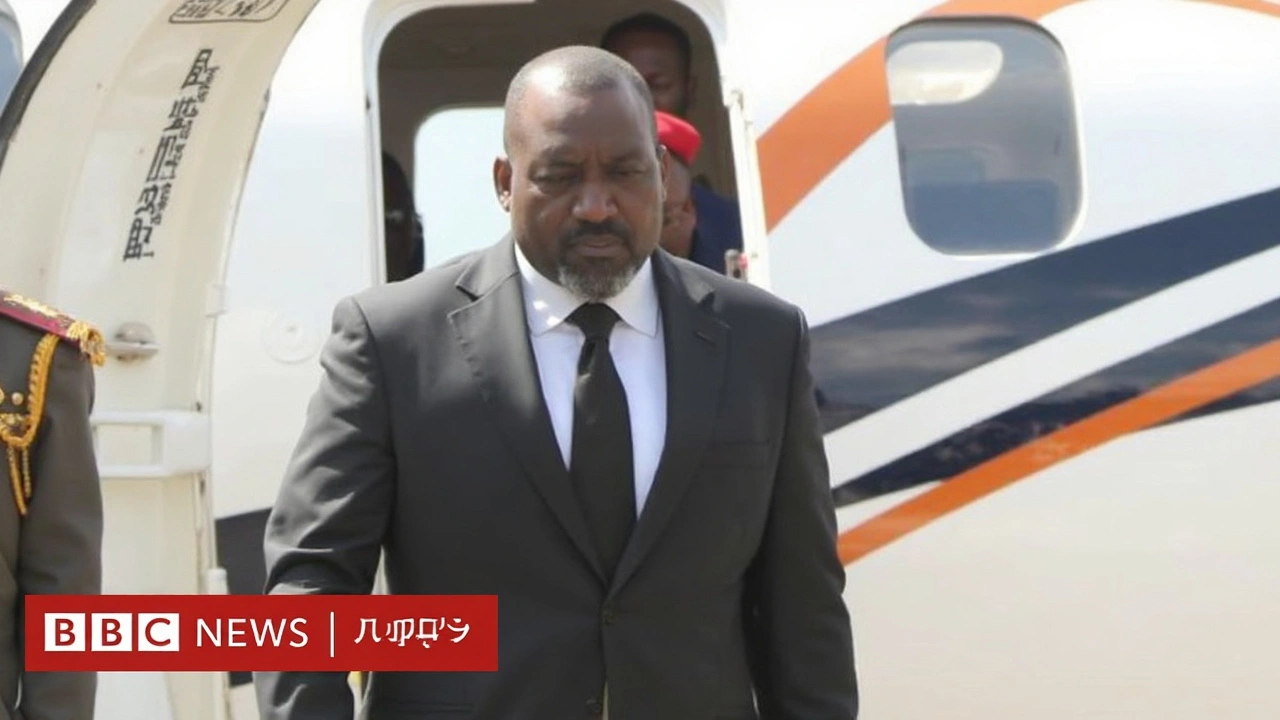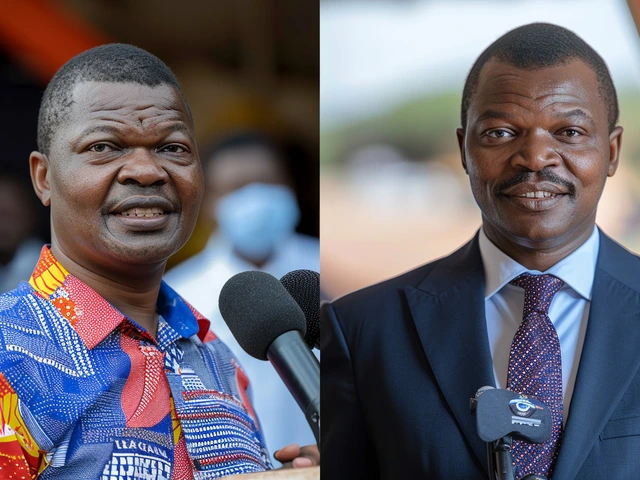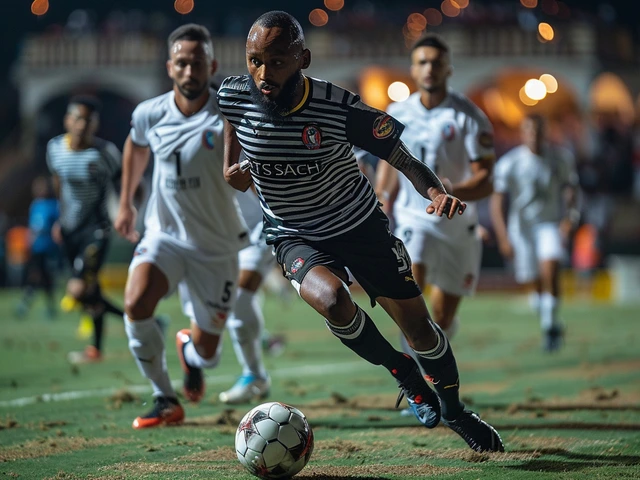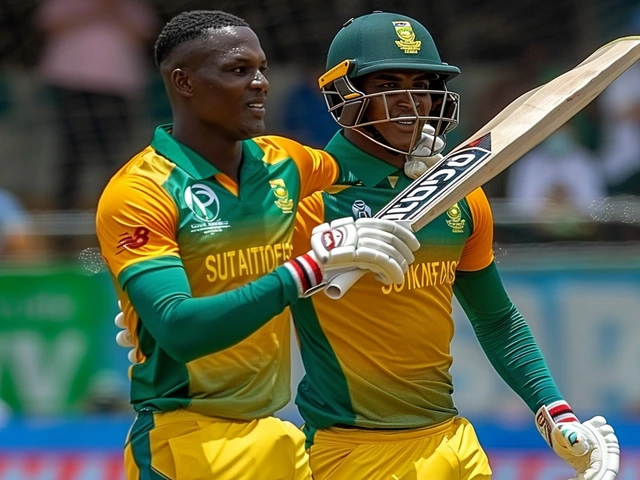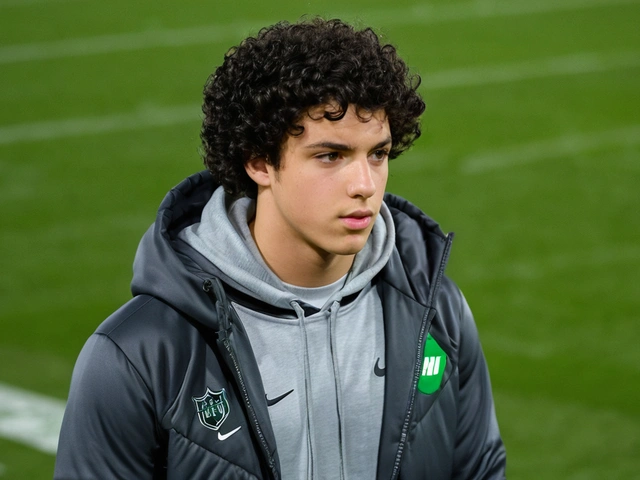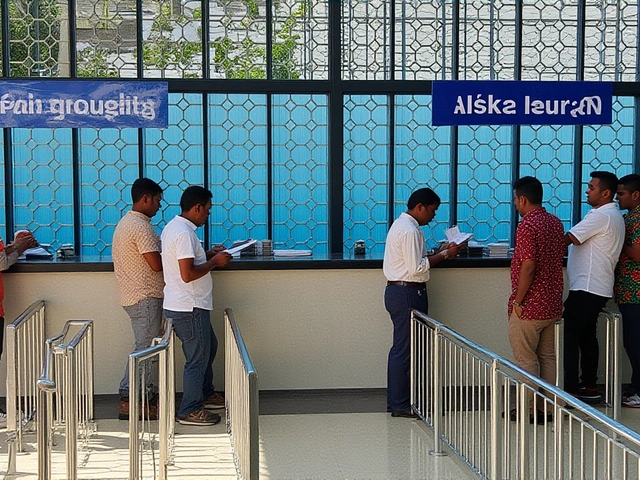Joseph Kabila — who he is and why he still matters
Joseph Kabila led the Democratic Republic of Congo for nearly two decades, from 2001 to 2019. That long run left a complicated mix: some stability in parts of the country, big mining deals and foreign investment, but also persistent unrest in the east and repeated accusations of corruption and limits on political freedoms. If you follow Congolese politics, his name keeps coming up — not just as history, but as an active piece of today’s power puzzle.
Kabila's years in power: what changed
He took office after his father’s assassination and then won the country's first elections in years in 2006 and again in 2011. Under Kabila the DRC saw an increase in foreign investment, especially in mining — cobalt and copper drew global attention. That money helped some infrastructure and growth figures, but it also highlighted questions about who benefits from the wealth beneath the ground.
Security was a constant headache. The central government never fully controlled the eastern provinces, where armed groups and ethnic tensions kept causing violence and displacements. International actors often pushed for peace deals and UN missions tried to stabilize key areas, but breakthroughs were limited. Domestically, critics say Kabila’s government restricted free media and opposition space at times, and the delay of the 2016 election sparked protests and a political crisis.
After the presidency: power behind the scenes
Kabila stepped down in 2019 after elections that brought Félix Tshisekedi to office. But he didn’t disappear. His political network and party structures kept influence in parliament and provincial governments, making him a key negotiator in coalitions and deals. That means even out of the presidency, he has clout over appointments, budgets, and how resources are managed.
Why should you care? Because Congo’s stability and the way its mines are run matter for global supply chains — think batteries, tech, and energy — and for millions of people living in the country. Kabila’s alliances and choices still shape who gets power and which reforms move forward.
What to watch now: keep an eye on how political coalitions shift, any moves around mining transparency and contracts, and developments in the east where armed groups can quickly change the security picture. Also watch court cases and corruption probes; they often signal whether old networks are loosening or staying intact.
Want updates? Follow reports that focus on concrete changes: new mining contracts, major court rulings, shifts in parliamentary votes, and peace deals in eastern provinces. Those events tell you more about Kabila’s legacy and the direction Congo might take next.
Joseph Kabila's surprise return to rebel-held Goma after a year abroad is sending shockwaves through Congolese politics. He's facing accusations of backing insurgents but denies any rebel ties, insisting on his right to move freely and calling his trip an offer for peace. Security forces searched his Kinshasa homes, further fueling controversy.
Recent-posts
May, 18 2024
Jun, 24 2024

